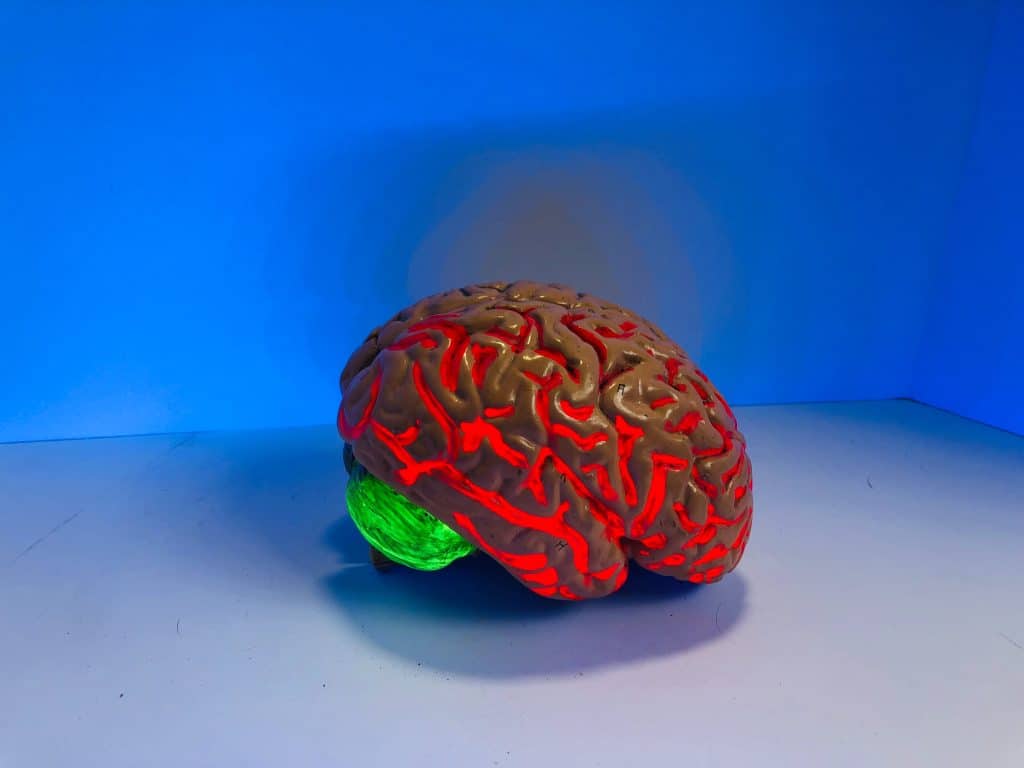
Elon Musk’s Neuralink rejected by FDA for human trials
pharmafile | March 3, 2023 | News story | Medical Communications |
The FDA has reportedly rejected a bid by Elon Musk’s Neuralink in which they proposed the initiation of human testing for its brain chip implants. The company have been working on brain implants that allow for a computer-brain interface, which could allegedly restore vision to the blind and help paralysed people to walk again.
Neuralink previously applied to the FDA for human testing in early 2022, however this was also rejected with Reuters reporting that there were “dozens of issues the company must address.” The FDA’s concerns included the fact that the implants use lithium batteries and that the wires used could “migrate” to elsewhere within the brain. There was also a concern that the implant may not be able to be removed without causing brain damage or injury.
In November 2022, Musk stated that the company expected to undertake human trials in “about six months,” also tweeting in November that the implant was “ready for humans” with the timing for beginning trials due to “working through the FDA approval process.”
Reuters have reported that since 2018, nearly 1,500 monkeys, pigs and mice have been killed in testing for Neuralink, however the company has defended its animal testing, stating that “all novel medical devices and treatments” must be tested on animals before human trials can commence.
Kip Ludwig, former programme director for neural engineering at the US National Institutes of Health, told Reuters that “Neuralink doesn’t appear to have the mindset or experience that’s needed to get this to market anytime soon.”
Betsy Goodfellow








